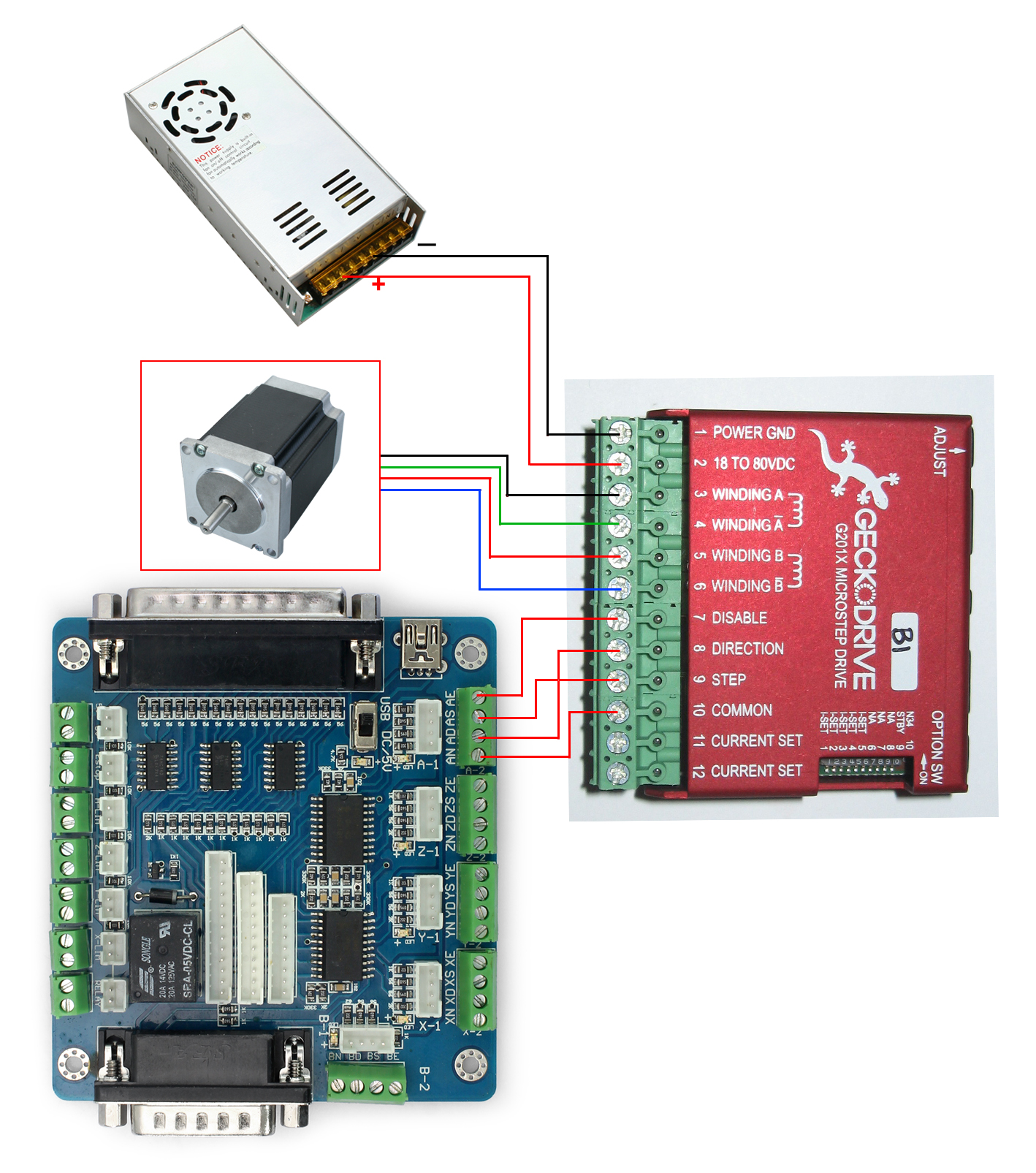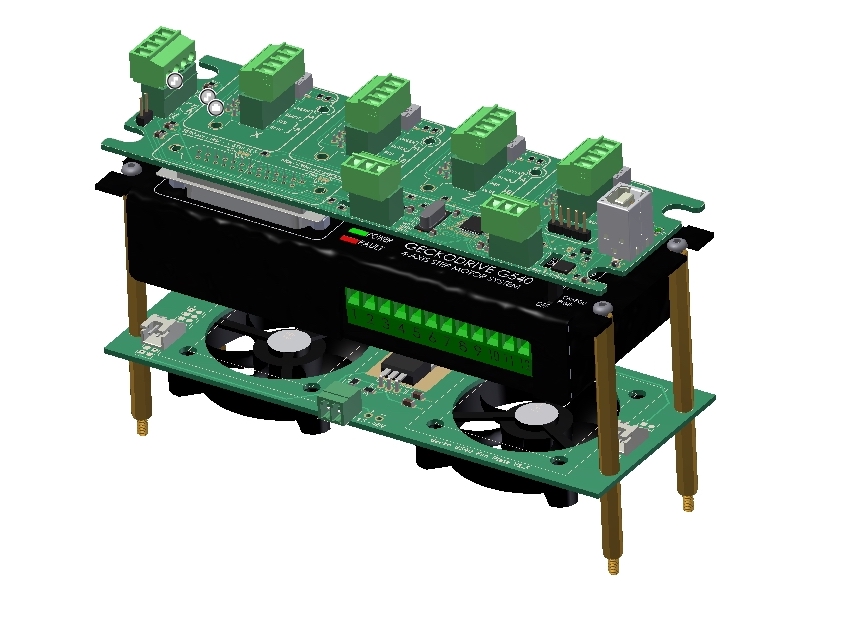

efm32pg_stk3401a_defconfig, Kconfig, Kconfig.board and fconfig are software configuration in Kconfig formats.board.cmake used for flash and debug support.efm32pg_stk3401a_common.dtsi devicetree hardware description that should be shared between several boards.This declares your SoC, connectors, and any other hardware components such as LEDs, buttons, sensors, or communication peripherals (USB, BLE controller, etc). efm32pg_stk3401a.dts file is the hardware description in devicetree format.After rename some files, our board content should look like this. In my environment, I copied the content of the board efm32pg_stk3402a to our board directory. Once you created the HAL support for our development kit, we need to create the board directory. Now we’ll continue with our task of adding support to our development kit to ZephyrProject. I based my modifications on the efm32pg12b SoC files. Zephyr_sources_ifdef(CONFIG_SOC_SERIES_EFM32PG1B Device/SiliconLabs/EFM32PG1B/Source/system_efm32pg1b.c)Īdd the peripheral support library, we have to add the SoC files. modules/hal/silabs/gecko/CMakeLists.txt and the following line: modules/hal/silabs/gecko/Device/SiliconLabs/ Copy the directory platform/Device/SiliconLabs/EFM32PG1B to.Open the Gecko SDK directory with your file manager. Open the Simplicity Studio and go to Windows->Preference->SDKs.
Gecko driver board download#
Gecko driver board install#
Let’s install the Zephyr into the new directory called zephyr_blink_efm32 using the command sequence below: west init zephyr_blink_efm32


At ZephyrProject documentation there is a very good step-by-step to do this: Getting Started. The first step that we have to do is to install the ZephyrProject on your machine. Now I’ll describe the steps used for me to perform this.


 0 kommentar(er)
0 kommentar(er)
